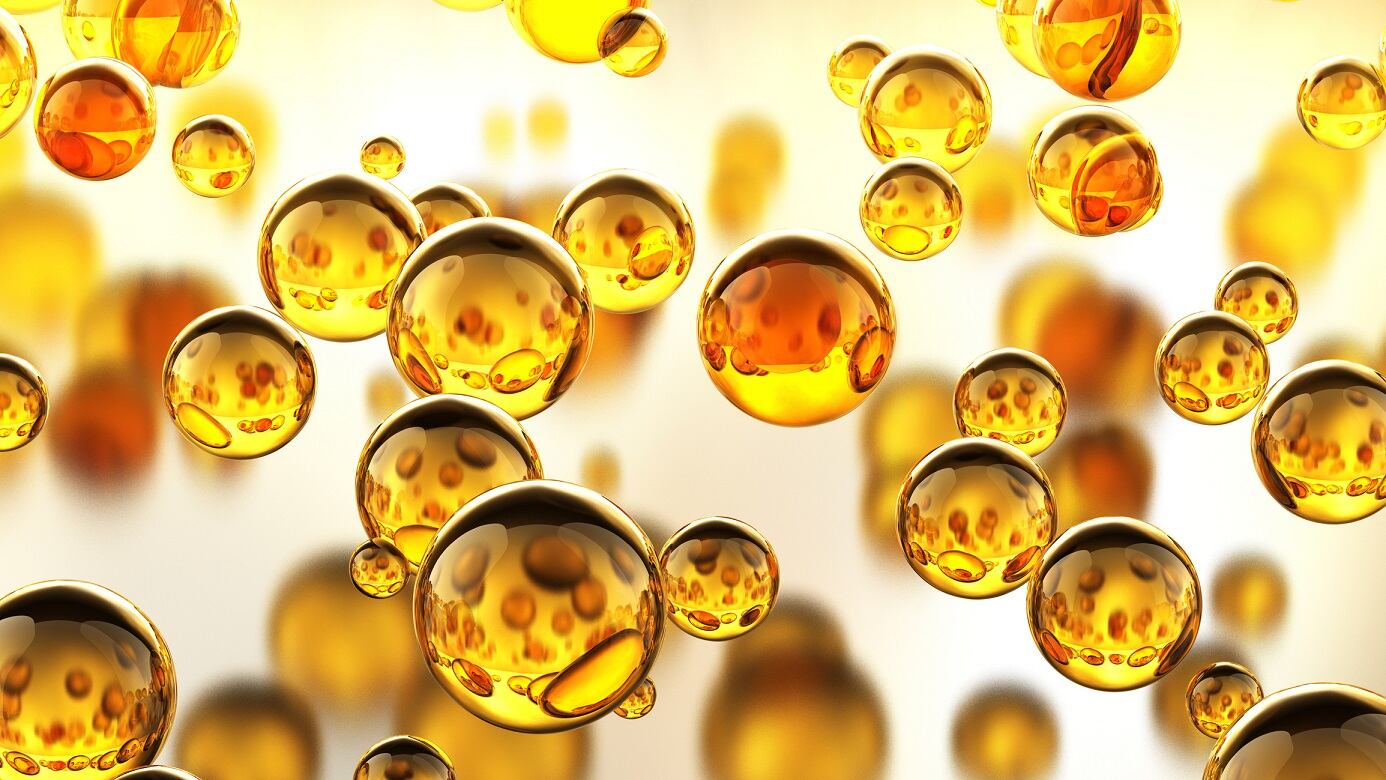Cosmetics Design spoke to David Anderson, the company’s senior vice president to find out more about the fermentation processes, the type of ingredients the company is producing and what lies in store for the future.
“The main focus of Locus FS is developing fermentation-produced biosurfactants as alternatives to surfactants - which are commonly used in various sectors, including home and personal care,” said Anderson.
“Surfactants act as surface active agents that decrease the surface or interfacial tension between two liquids, such as water. Surfactants also increase liquids’ spreading and wetting properties -known as wettability. Because of these benefits, surfactants are often used in cosmetic and personal care formulations such as lotions, cleansers, shampoos and more.”
However, as Anderson points out, chemical surfactants are not biodegradable and may cause skin irritation, which is prompting many beauty and personal care companies to seek out more environmentally- and skin-friendly alternatives.
Biosurfactants are the sustainable solution
“Due to these factors, many formulators, especially in personal care and cosmetics, are turning towards biosurfactants—a specific subcategory of bio-based surfactants,” said Anderson.
“That’s where Locus FS’ expertise comes in. The company is a global leader in producing biosurfactants. The biosurfactants are sold as ingredients through the Locus Ingredients division. Unlike bio-based surfactants - which are synthesized through high-energy and carbon-intensive chemical reactions that may produce dangerous chemical byproducts such as ethylene oxide or 1, 4-dioxane - Locus FS’ biosurfactants are naturally produced using proprietary, low-energy fermentation. The process uses renewable, raw materials like sugar and fatty acids, and microorganisms such as bacteria, yeasts or fungi.”
According to Anderson, Locus Ingredients’ sophorolipid biosurfactants, which are part of the glycolipid class, have been used in place of palm-oil-based ingredients in personal care and cosmetics formulations such as micellar water, body washes, creams and moisturizers, shampoos and conditioners.
The advantages of Locus’ biosurfactants has resulted in chemical giant Dow signing an exclusive distribution agreement in the home care and personal care spaces, allowing both companies to combine Locus’ fermentation technology know-how with Dow’s knowledge and penetration in the home care and personal care markets.
Technology has proved to be the competitive advantage

While ingredients suppliers have been tackling the problem of bringing non-palm oil surfactants to the market for years, the stumbling block has traditionally been trying to produce fermented alternatives in sufficient volumes, a problem the company seems to have solved.
“Locus Ingredients’ innovative production technology solves these challenges, enabling the development of high-performance biosurfactants at a commercial scale,” Anderson explains.
“Locus’ methods produce biosurfactants with higher productivity at a fraction of the production time and cost of traditional fermentation processes. The patented Locus production processes use bioinformatics and fermentation technology to develop nature-derived biosurfactants - specifically, sophorolipids, a biosurfactant from the glycolipid class. The novel fermentation-produced biosurfactant ingredients provide unmatched sustainability and multifunctionality combined with superior performance for product formulations that span personal care, home care and industrial applications.”
These production processes revolve around three main elements – Bionformatics Modular Fermentation and Purification, all of which have resulted in multiple INCI and TSCA-approved biosurfactants with unique properties and competitive price points, Anderson claims.
The resulting surfactants portfolio provides cosmetic and personal care formulators with a broad range of substitutes for palm oil derived ingredients.
“Locus Ingredients’ alternative is fermentation-produced biosurfactants from the glycolipid class that are completely palm free, made instead with responsibly sourced, non-GMO sugars and fatty acids,” said Anderson.
“They are created using completely renewable raw resources and are USDA certified as100% biobased. The ingredients offer formulators a low carbon footprint and greater multifunctionality than comparable alternative ingredients.“
The benefits of replacing palm oil surfactants
Replacing palm oil in cosmetic and personal care product formulations can offer a number of significant benefits for manufacturers and suppliers. The financial benefits include better availability, appealing to a wider consumer base and improved brand reputation, while ecologically the benefits include reduced deforestation and greenhouse emissions and cleaner waterways.
There are a number of reservations about non-palm oil surfactant alternatives, including questions about the cost, performance, availability and performance, According to Anderson, the team has worked hard to address all of these issues by making the portfolio cost competitive, providing a library of ingredients with proven performance and developing a state of the art production facility.
“Thanks to Locus’ recent 100,000-square-foot expansion, the company is now one of the largest global producers of biosurfactants with the capacity to meet demand for palm-free ingredients. The biosurfactants are produced domestically and available immediately,” said Anderson.
The future could spell more oil alternatives
Looking to the future, the company is also researching new ingredient areas to move into, as well as eyeing new technologies to further enhance production processes.
“While we are dedicated to creating palm oil-free ingredients, we are always researching other new, alternative oils and other feedstocks of interest,” said Anderson.
“We are also always enhancing our production process to further minimize our already low carbon footprint. Through our technology and formulary library we aim to educate manufacturers and consumers on the best ways to create clean product formulations. We are also continuing to expand our line of biosurfactants, with new glycolipid ingredient offerings.”



